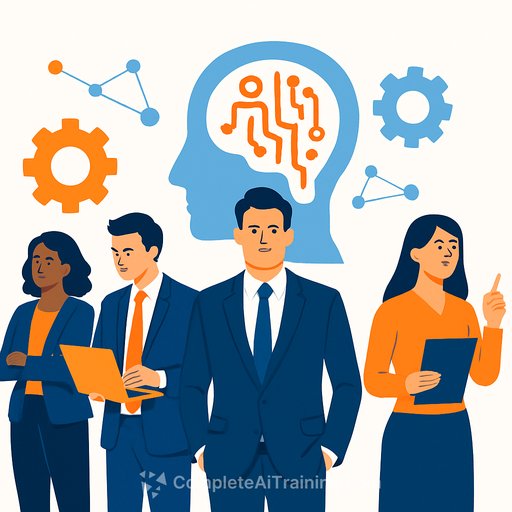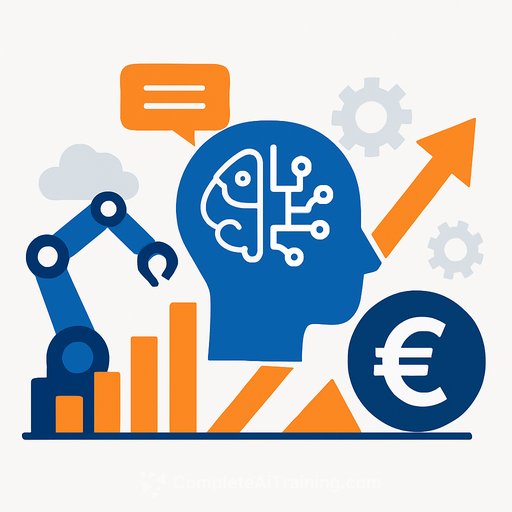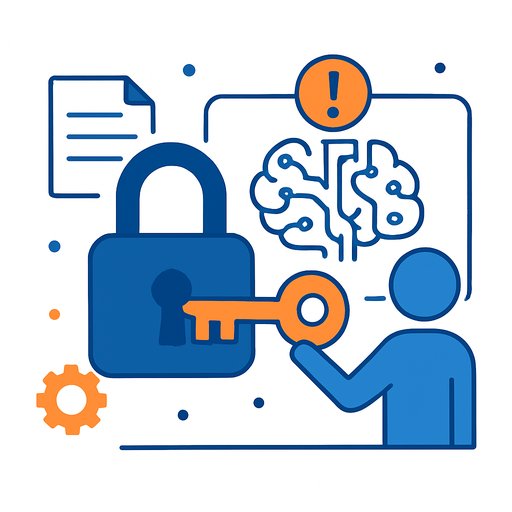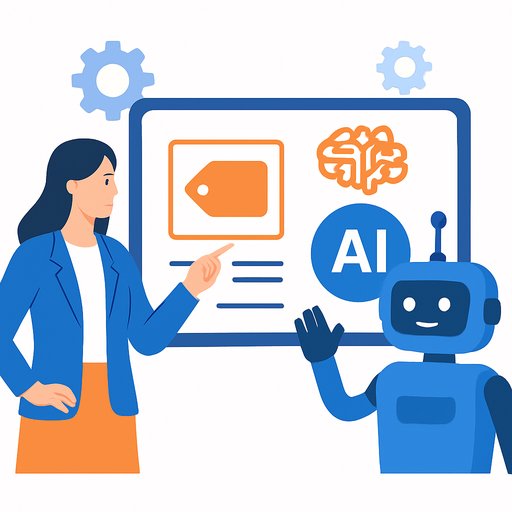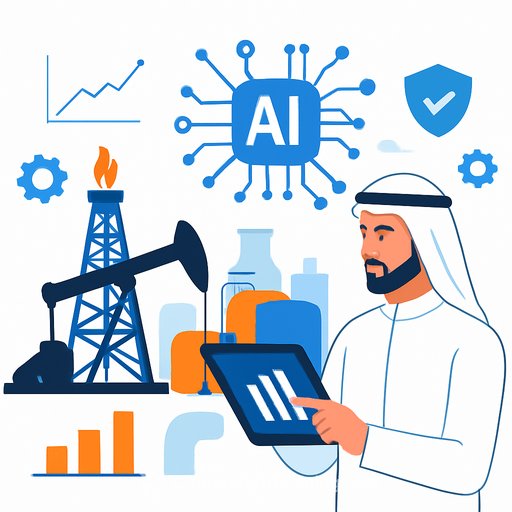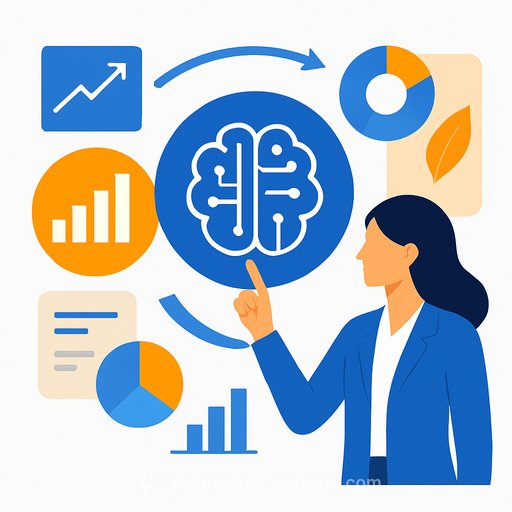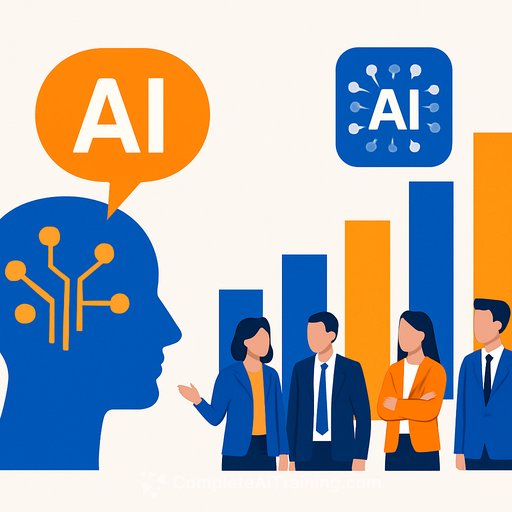The Corporate Rush to Adopt AI
AI adoption among companies is accelerating. By July 2024, 78% of businesses reported using AI for at least one task, up from 55% in late 2023, according to a McKinsey & Company report. From IT automation to personalized marketing, AI is seen as a tool to reduce costs and drive growth. However, risks such as cybersecurity threats, data leaks, biased model outcomes, and increased carbon emissions remain concerns.
Executives Driving AI Adoption
Leaders across industries are guiding their organizations through AI integration, balancing innovation with safety and responsibility. Here’s a look at executives from major companies pushing AI initiatives forward.
Teresa Heitsenrether, Chief Data and Analytics Officer at JPMorgan Chase
Teresa highlights that the bank’s adoption of large language models (LLMs) is more than experimentation—it’s about delivering measurable business value. JPMorgan Chase tracks AI projects from ideation to production, focusing on cost savings, revenue growth, and risk reduction. Employees receive a mix of online and in-person training to use AI effectively and responsibly.
Joe Atkinson, Global Chief AI Officer at PwC
Joe Atkinson has embedded AI tools like an internal chatbot used by 270,000 employees for report generation and project support. PwC also uses generative AI for legacy code modernization and workflow automation. Their global AI Academy has trained 90% of staff in prompt design and responsible AI usage, boosting AI adoption and complexity of tasks handled.
Bala Subramanian, Executive Vice President and Chief Digital and Technology Officer at UPS
Bala has led UPS’s integration of AI in customer service and operations. The Message Response Automation system uses LLMs to automate replies, freeing human agents for complex inquiries. UPS is also deploying AI-driven robotics in shipment operations and modernizing data centers through a long-term partnership with NTT Data.
Johan Gerber, Mastercard – Strengthening Fraud Detection
Johan’s team uses AI tools like Decision Intelligence and Safety Net to analyze transaction data and improve fraud detection across Mastercard’s network. By combining generative and traditional AI, the company has enhanced detection accuracy while emphasizing rigorous testing and data governance before deploying models.
Suresh Kumar, Global Chief Technology Officer and Chief Development Officer at Walmart
Suresh has introduced generative AI tools like "My Assistant" to help Walmart’s 50,000+ corporate employees summarize documents and streamline workflows. Walmart is also developing proprietary LLMs such as "Wallaby" to power customer-facing assistants and optimize supply chain operations through AI-driven product placement, inventory management, and automation.
Marco Görgmaier, Vice President of Enterprise Platforms and Services at BMW Group
Marco leads BMW’s AI strategy focusing on third-party tools, proprietary applications, and in-house assistants like the BMW Group AI Assistant. The company supports teams with training, development guidelines, and hands-on support to ensure effective AI adoption.
Bhavesh Dayalji, Chief AI Officer at S&P Global and CEO of Kensho
Bhavesh introduced Spark Assist, a generative AI chatbot serving 40,000+ employees to aid report drafting and data synthesis. Mandatory training programs featuring videos and workshops help upskill employees and leaders, encouraging widespread AI use.
Ulrika Biesèrt, Global People and Culture Manager at Ingka Group (IKEA)
Ulrika is focused on AI literacy for IKEA’s global workforce of over 160,000 employees. Since launching AI training in April 2024, more than 4,000 employees have completed courses on responsible and ethical AI use, with a goal to train 30,000 employees and 500 leaders.
Arnab Chakraborty, Chief Responsible AI Officer at Accenture
Arnab oversees Accenture’s responsible AI compliance program, ensuring AI solutions are developed and scaled responsibly across the company and its 9,000+ clients. Accenture has committed $3 billion over three years to expand its Data & AI practice and double its AI talent to 80,000 professionals.
Boris Gamazaychikov, Leading Salesforce's Push to Decarbonize AI Systems
Boris focuses on reducing the carbon footprint of AI by developing efficient, domain-specific models. Salesforce has introduced AI tools to help customers measure sustainability efforts and supports climate-focused nonprofits through specialized AI accelerators.
For professionals interested in expanding their AI skills, exploring structured training programs can be valuable. Check out Complete AI Training’s latest courses for practical learning opportunities.
Your membership also unlocks:

